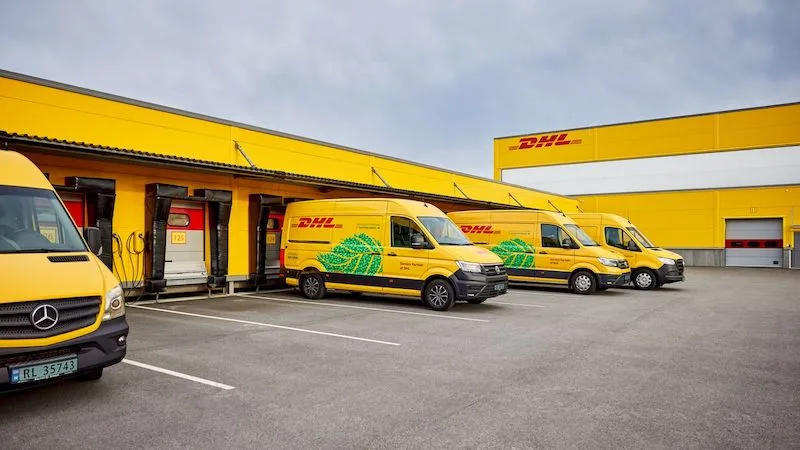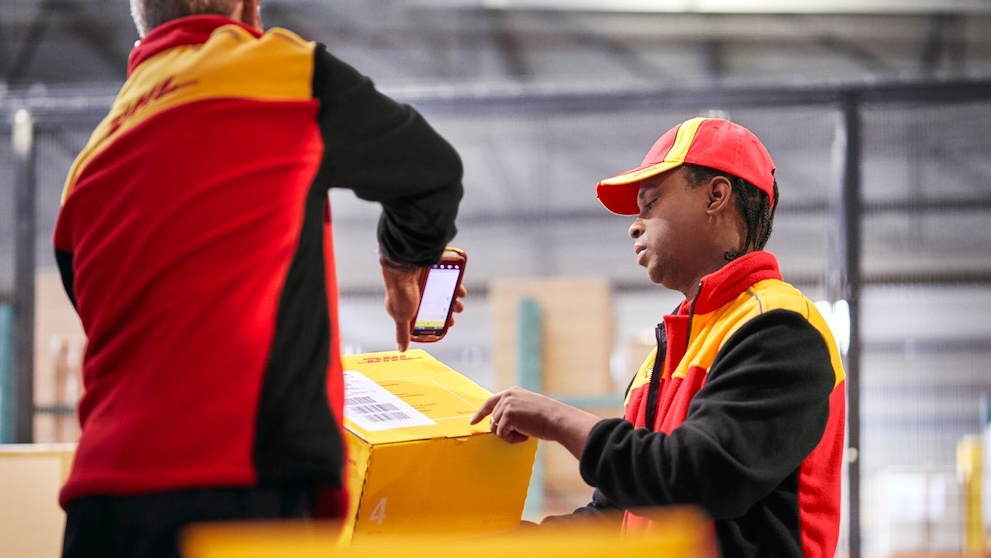In our rapidly advancing world, waste management has become a pressing concern. From industrial production to daily living, diverse activities generate various types of solid, liquid, and gaseous waste, including e-waste from discarded electronics, medical waste from hospitals, and food waste from households.
It’s also important not to overlook the logistics sector that forms the backbone of global trade and commerce. In fact, the sheer magnitude of this industry brings about significant waste management problems in our increasingly interconnected world, including Bangladesh.
Let’s take a closer look at these issues in this sector and strategies that can pave the way towards a zero-waste future.
3 types of waste in the logistics industry
The logistics sector encounters waste in many forms, such as inefficient fuel consumption, excess packaging, and even wasted man-hours due to inefficient operations.
1. Inefficient fuel consumption
Transport is at the heart of logistics as goods and services are delivered from producers to consumers. However, inefficient routes, frequent starts and stops, poor vehicle management, and improper loading can all increase fuel consumption.
Beyond costs, this type of waste also contributes significantly to greenhouse gas emissions and air pollution.
2. Excess packaging
Besides transport, packaging is another essential component of logistics, ensuring products reach their destinations safely.
However, excessive non-biodegradable materials contribute to significant waste. The accumulation of such packaging can exacerbate landfill problems and increase the carbon footprint.
3. Wasted man-hours due to inefficient operations
Time is a resource as precious as any material good in logistics. Inefficient processes, be it due to poor planning, lack of training, or outdated outsourcing vs in-house methods, can lead to man-hours being wasted.
This translates into increased operational costs for businesses. On a human level, it can lead to job dissatisfaction as employees might feel their time is not being valued. From an operational standpoint, wasted man-hours can cause delays, affecting the entire supply chain and, ultimately, the end consumer.
3 strategies for a zero-waste future in logistics
What exactly is zero-waste? Zero-waste signifies a holistic approach to resource use, ensuring that products and materials are reused and recycled, aiming for zero trash sent to landfills or incinerators.
The path to this sort of future in logistics may seem challenging, but it's achievable with concerted efforts from businesses, governments, and the public.
1. Reduce, reuse & recycle
The fundamental 3Rs – Reduce, Reuse, and Recycle – align directly with the United Nations’ Sustainable Development Goal (SDG) 12, which ensures responsible, sustainable consumption and production patterns in Bangladesh and the rest of the world.
The first and perhaps the most impactful step is to reduce the amount of waste generated. In logistics, this could involve using efficient packaging methods to minimise the use of materials, implementing digital strategies to reduce paper waste, or optimising delivery routes to manage fuel consumption.
Next, it's worth evaluating if items have a secondary use before considering discarding them. For instance, companies can use collapsible crates and bins which can be folded when not in use, saving space during transport and storage. Additionally, reusable straps, latches, or seals can also be used to secure crates or containers, reducing the need for disposable sealants.
If an item can't be reused, the next step is determining if it can be recycled. By setting up or collaborating with dedicated recycling centres, companies can ensure that materials like paper, plastic, and metals are separated, collected, processed, and repurposed instead of being sent to landfills.
Complementing the 3Rs, composting provides an effective solution for organic waste like food remains and biodegradable materials. Converting organic waste into nutrient-rich compost not only diverts waste from landfills but also provides a valuable resource for agriculture and gardening.
2. Employee training and engagement
An invested employee can be the key to efficient waste management. For instance, offering training sessions that illuminate the detrimental effects of waste on the environment can drive impactful changes. When employees grasp the larger picture – the ecological implications and the organisational benefits – they are more likely to be proactive in waste management.
Beyond theoretical knowledge, practical, hands-on training is also essential. This can range from demonstrating the correct recycling bin usage to more complex procedures, such as managing electronic waste or hazardous materials.












